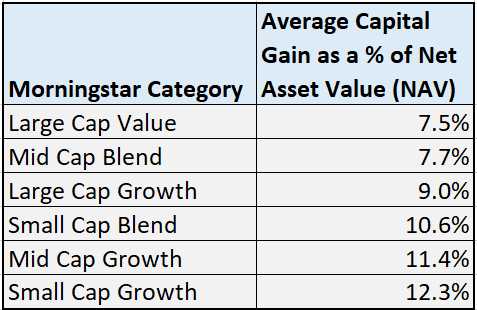Everybody knows how important maintaining a good credit score is. Having a good credit score will get you better interest rates on home mortgages, car loans and credit cards. Landlords and even employers are looking at this number when making decisions to rent/lease to you or hire you. With credit being such an important factor in life it’s crucial that you know what your credit score is and checking your own credit score does not impact your credit. Luckily for you there are many new and free credit monitoring services out there to help you do just that. So if your credit needs a little help, don’t despair, check out these free tools to help guide you on the path to great credit!
Creditscorecard.com
Creditsesame.com
Creditkarma.com
If you choose to sign up for one of these websites they will ask you for personal information to identify yourself to verify that it is in fact you signing up. These websites are all free monitoring services and they will not ask you for any credit card information. They will however send you marketing materials with offers based on your personal information. It seems like a small price to pay in order to be able to monitor and take control of your own credit. Good luck on your journey to overall better credit health!

